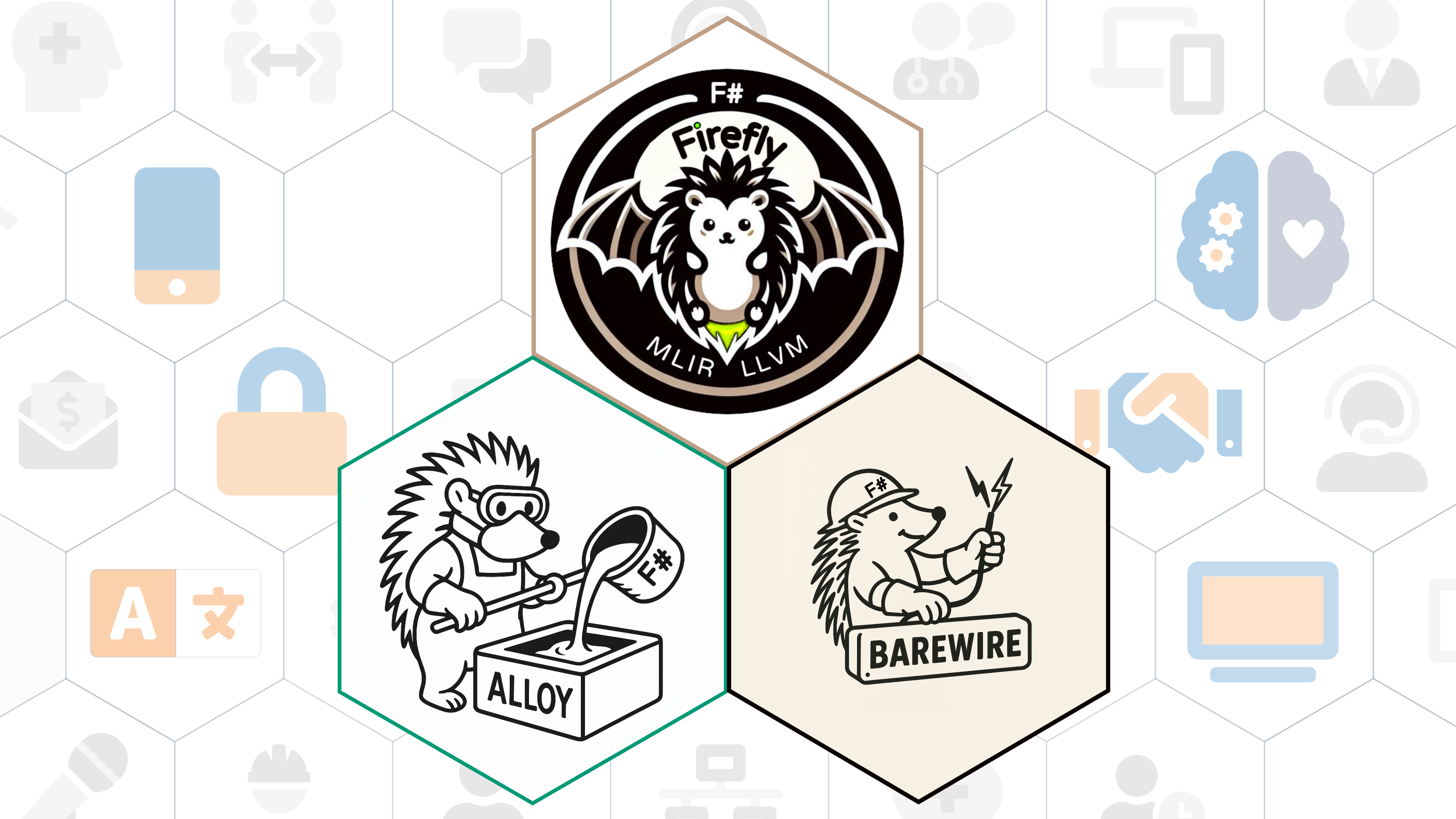Blog posts exploring the concept "Zero-Allocation"
← Back to all tagsTraits Versus Statically Resolved Type Parameters
Rust’s trait system is often compared to Haskell’s type classes, suggesting that Rust has successfully brought type class polymorphism to systems programming. While Rust’s traits are indeed inspired by type classes and provide powerful abstractions, examining the actual mechanics reveals important differences. Rust’s traits, as a multi-paradigm systems language feature, make deliberate design tradeoffs that differ in important ways from Haskell’s type classes. It’s worth taking a sidebar to also review how it compares to F#’s approach to polymorphism.
Read More
Beyond Zero-Allocation
The journey of building the Fidelity Framework has taught us that meaningful changes require careful conceptual positioning alongside technical innovation. When we first introduced the design of Firefly’s zero-allocation compilation capabilities, we established a foundational principle that continues to guide our architectural decisions: functional programming should compile to efficient native code without runtime dependencies. Today, we want to explore how this foundation extends naturally into our roadmap for memory management, and is consistent with the core principles that make Fidelity unique.
Read More
Building User Interfaces with the Fidelity Framework
The Fidelity framework introduces a revolutionary approach to building desktop applications with F#, enabling developers to create native user interfaces across multiple platforms while preserving the functional elegance that makes F# special. Drawing inspiration from the successful patterns established by Elmish and the MVU pattern - particularly within Avalonia - we take many lessons from Fabulous. FidelityUI adapts these proven approaches for native compilation, creating a framework that feels familiar to F# developers while delivering unprecedented performance through direct hardware access.
Read More
Building Firefly with Alloy
The promise of functional programming has always been apparent: write code that expresses a process to an end result, not how the machine should perform those actions. Yet for decades, this elegance came with a tax - runtime overhead, garbage collection pauses, and the implicit assumption that “real” systems programming belonged to C and its descendants. The Fidelity Framework challenges this assumption by asking a different question: What if we could preserve F#’s expressiveness, safety and precision while compiling to native code that rivals hand-written C in efficiency?
Read More
The Fidelity Framework: A Primer
The computing world has fragmented into specialized ecosystems - embedded systems demand byte-level control, mobile platforms enforce strict resource constraints, while server applications require elasticity and parallelism. Traditionally, these environments have forced developers to choose between conflicting approaches: use a high-level language with garbage collection and accept the performance overhead, or drop down to systems programming with manual memory management and lose expressiveness. Beyond Runtime Boundaries The Fidelity Framework represents a fundamental rethinking of this dichotomy.
Read More
F# Goes Metal: Fidelity's Hardware/Software Co-Design Revolution
The embedded systems industry has operated under a fundamental assumption for decades: achieving hardware control requires sacrificing high-level abstractions and type safety. This assumption has created a divide between embedded development and modern software engineering practices, forcing developers to choose between expressiveness and efficiency. The Fidelity Framework challenges this paradigm through a revolutionary approach that delivers hardware type safety with truly zero runtime cost, a breakthrough in hardware/software co-design methodology.
Read More
Rust Revisited: A Study of Similarities and Contrasts
The Rust programming ecosystem has transformed how the software industry views systems programming. By pioneering its ownership system with “borrowing” and “lifetimes”, Rust brought compile-time memory safety into mainstream development. Beyond memory management, Rust’s innovations in zero-cost abstractions, trait-based generics, and “fearless concurrency” philosophy have influenced an entire echelon of language designers. 🔄 Updated September 2025 Aligned with our analysis of Abstract Machine Models and heterogeneous computing Cross-referenced with detailed SRTP vs traits comparison Updated MLIR dialect discussion to include DCont and Inet Clarified PHG architecture and nanopass compilation strategy At SpeakEZ, we’ve analyzed Rust’s design choices while developing the Fidelity Framework.
Read More